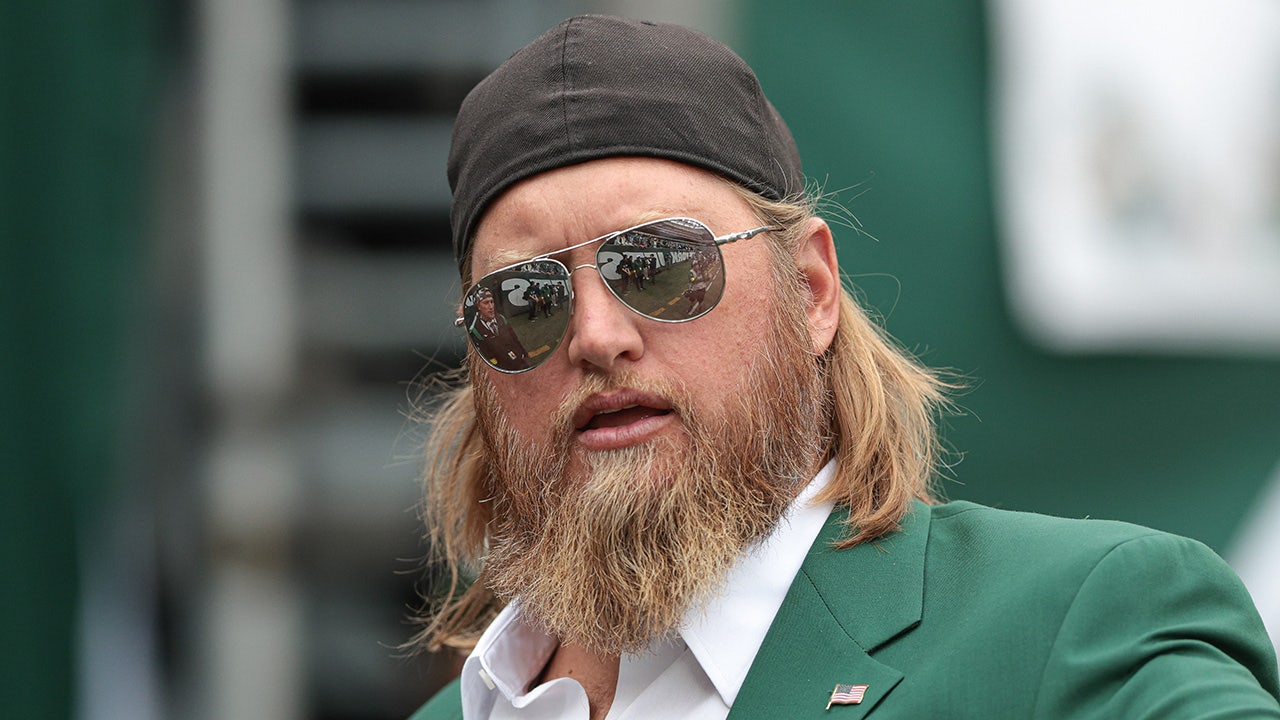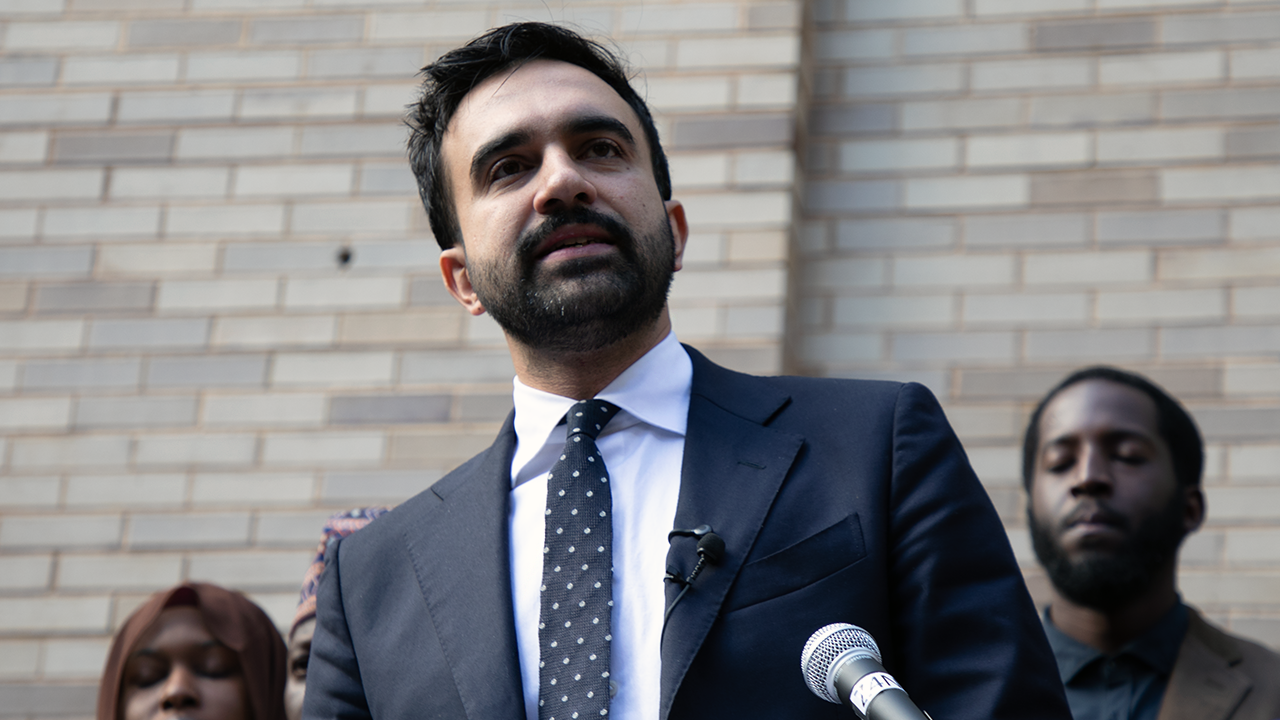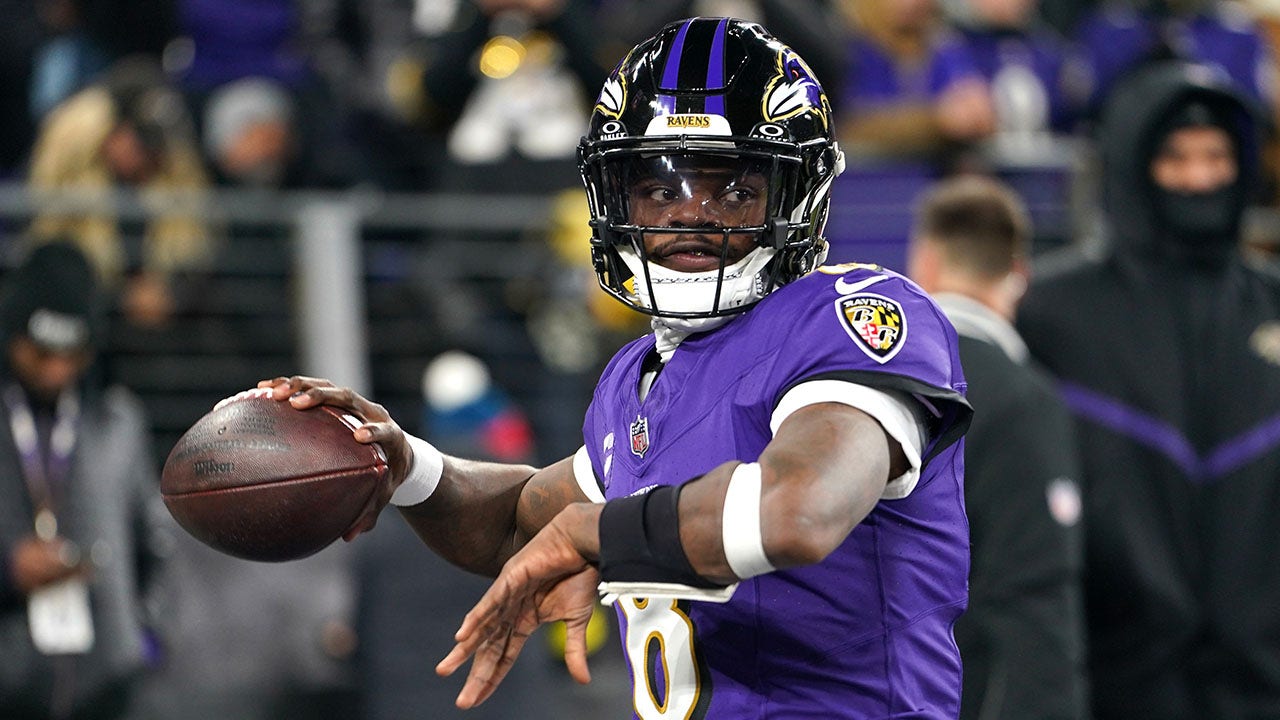Major League Baseball has been in crisis for nearly as long as it has existed. Just 16 years after the American and National Leagues merged, a game-fixing scandal threw the national pastime’s integrity into question and (perhaps incorrectly) cost one of the game’s greats both the rest of his career and a plaque in Cooperstown. It took just four years for Babe Ruth to win his first World Series with the New York Yankees and win back Americans’ trust with each record-setting home run.
Even the game’s golden age couldn’t escape would-be soothsayers forecasting baseball’s demise. Sportswriters like one at the Clarion-Ledger asked whether the sport could survive the modern American, “restless, fidgety and always in a hurry, extremely impatient with delay,” in 1955, the days of Willie, Mickey, and the Duke.
Why, then, does the current crisis feel different? Why have the five least-viewed World Series in history all come within the last 13 years?
Once the center of the sports world, MLB now lags far behind the National Football League in television ratings and just barely beats out the National Basketball Association. The Aspen Institute’s 2024 Parenting Survey showed that 41.9 percent of parents said basketball was the most popular sport for kids in the United States. Baseball came in fourth after football and soccer.
Longtime writer and baseball fan Jane Leavy, in her new book, Make Me Commissioner: I Know What’s Wrong With Baseball and How to Fix It, provides a list of failures that have led baseball to this point.
“Assuming its place in the sports firmament, baseball abandoned its station,” Leavy writes. “Watching the metastatic growth of the NFL and NBA without bothering to recalibrate its nineteenth-century self to the frantic present. Hiding their eyes from the pumped-up steroid physiques in the nineties. Embracing whole-hog the Moneyball coup d’état. Facilitating the technological rampage that distorted the core values of the game.”
The past is littered with plenty of sliding doors, moments when MLB hammered another nail into its own coffin. Leavy searches far and wide through the baseball universe, from a high-tech analytics firm perfecting the science of pitching to conversations with Bill “Spaceman” Lee, and finds the sport’s core sickness: the pursuit of perfection that has made the game flat.
Baseball faces an “aesthetic problem,” Leavy writes. The advent of analytics—the “Moneyball coup d’état” and “technological rampage”—solved the game but ground it down. Baseball is “smarter, stronger, and uglier,” one MLB executive told her. From 2018 through 2024, batters recorded more strikeouts than hits and fouled off more pitches than they put in play. More than a third of all at-bats during that span ended in a walk, strikeout, or home run—and just under 5 percent of pitches hit in 2024 left the yard.
For Lee, one of the sport’s most enduring characters, baseball today is boring “because everyone knows what’s going to happen. Somebody is gonna hit a home run and the closer is going to strike out the side in the ninth.”
There is no longer an “Oriole way or Cardinals baseball,” Leavy observes, but a uniform baseball that “exists for the same reason pop songs sound alike and SUVs look the same: an algorithm has determined what works best rhythmically and aerodynamically.”
Leavy’s anti-baseball friends are not incorrect when they complain that nothing ever happens. Indeed, as she writes, that’s the goal: Former Red Sox pitching coach Brian Bannister said as much in a 2018 interview, in which he explained “the way to win in the analytic age is to prevent the chaos of the ball in play.”
That isn’t to say baseball lacks excitement altogether. The Seattle Mariners, after all, just capped off an American League Division Series victory over the Detroit Tigers with a walk-off single in the bottom of the 15th inning. But, as Leavy writes, “the best baseball is improbable baseball,” and the improbable moments are fewer and farther between than ever.
Leavy—armed with impressive knowledge of the game and a résumé that includes years as a beat writer and biographies of Babe Ruth, Sandy Koufax, and Mickey Mantle—visits a high-tech facility where Silicon Valley types design unhittable pitches, the MIT Sloan Sports Analytics Conference, and a hitting coach who uses advanced metrics to tinker with a player’s batting stance, and finds very smart people maximizing efficiency in baseball but taking the fun out of the game.
It is difficult to fault front offices and coaching staffs from adapting to the new way the game is played. When the ultimate goal is winning a World Series, a team should take any advantage it can get. But when baseball’s current rules incentivize preventing the ball from being hit into play, Leavy argues, it’s time to change the rules.
Leavy spitballs a series of ideas to shake things up over the course of the book: experimental games with two outfielders instead of three to boost on-field action, making pitches faster than 95 miles per hour automatic balls to juice offense, changing the composition of baseballs to take stress off pitchers’ arms and allow them to go deep into late-inning duels.
Reading the book, though, one gets the sense that rule changes matter far less than the people making them—and that Leavy would agree with that sentiment. It’s no coincidence Leavy’s bid for commissioner comes during the controversial tenure of one Rob Manfred.
An MLB manager who remained nameless lest he face consequences told her “the people that run the game are not fans of the sport” and “don’t care about the fan.” It’s hard to read that without remembering Manfred calling the World Series trophy just “a piece of metal,” or, as Leavy notes, checking his watch two innings into a spring training game and being booed after every pick in the 2023 MLB draft. It got to the point where Manfred had to assert in an interview that he doesn’t hate baseball.
Manfred may not hate baseball, but the way the sport has developed under his watch demonstrates that he, unlike Leavy, has lost a connection to baseball’s grand history.
“When you come to a baseball game, you come to watch that night’s entertainment but you’re also watching for reminders of the past: players chasing records; players filling the shoes of former greats,” she writes. “When analytics makes it impossible for what was great to be repeated or exceeded”—we’ll never have another hitter sniff .400, for instance—”you have no choice but to wallow in the past.”
The way to move baseball into the future, Make Me Commissioner ultimately argues, is to make it more like its past.
Make Me Commissioner: I Know What’s Wrong with Baseball and How to Fix It
by Jane Leavy
Grand Central Publishing, 384 pp., $32.50
Read the full article here









